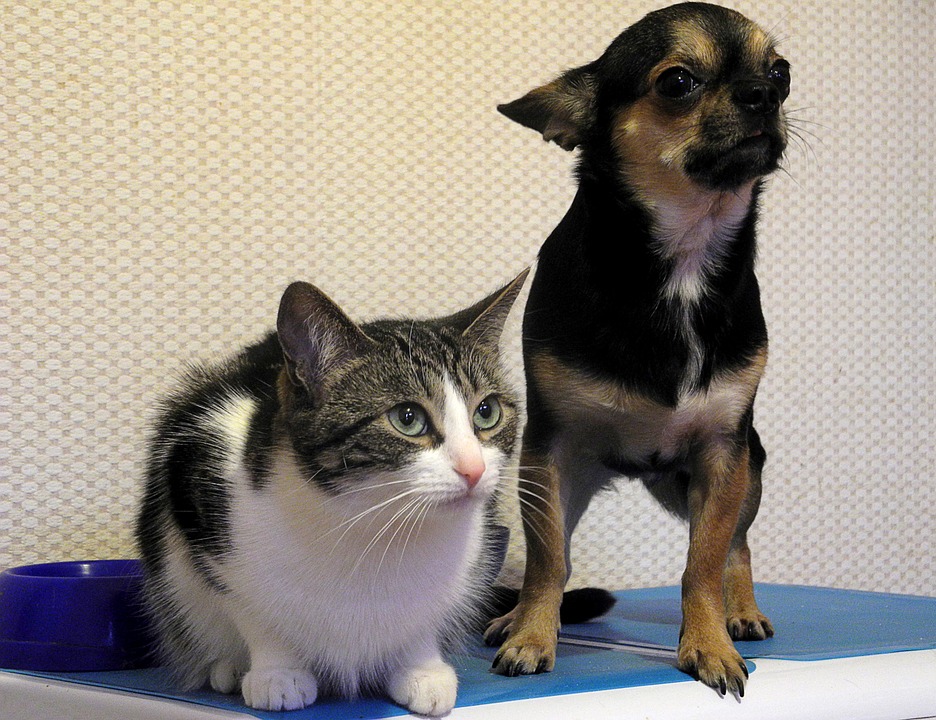 Hi everyone, today we must address an issue that has been causing much tension, grief, and consternation in our sector, as well as in other fields. This is an issue that has ruined friendships, pitted family members against each other, and caused numerous heartbreaking divorces. Normally, this would refer to restricted funding. But today, I am actually talking about the Oxford Comma.
Hi everyone, today we must address an issue that has been causing much tension, grief, and consternation in our sector, as well as in other fields. This is an issue that has ruined friendships, pitted family members against each other, and caused numerous heartbreaking divorces. Normally, this would refer to restricted funding. But today, I am actually talking about the Oxford Comma.
The Oxford Comma, or serial comma, is the last comma in a sentence like this: “Please get hummus, broccoli, baby carrots, and pita chips for the finance meeting.” It is used when listing out a bunch of things, and always comes before the word “and” or “or.” Some people have been advocating for us all to do away with this comma altogether, while others have been vociferously defending it. Both sides have created t-shirts, a sign of unyielding conviction in our society.
In light of this contentiousness, I would like to initiate an objective, balanced discussion on the Oxford Comma by saying: ALL Y’ALL WHO WANT TO GET RID OF THE OXFORD COMMA ARE WRONG, WRONG, AND WRONG!!! Continue reading “The role of the Oxford Comma in nonprofit communications”


